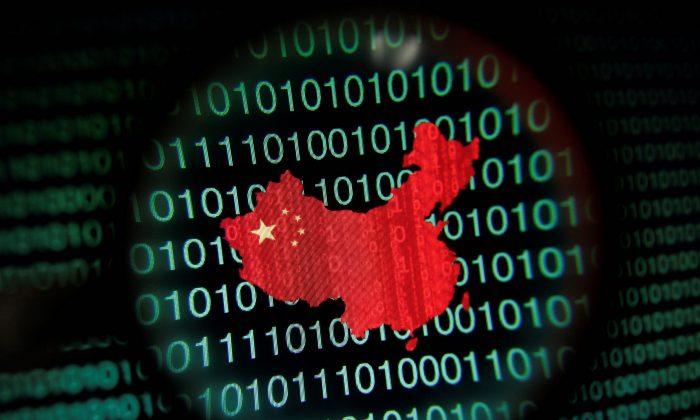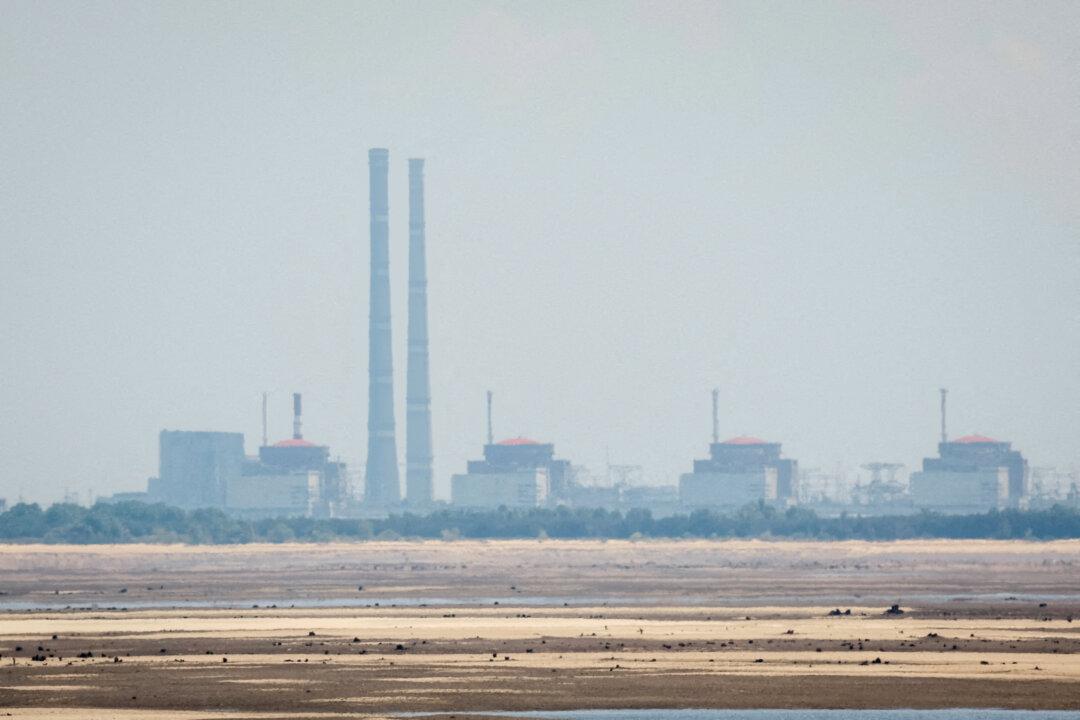SAN FRANCISCO—China’s restrictive internet policy and digital surveillance has spread worldwide over the last two years, with its government training emerging market countries on process and its companies furnishing the tools, a democracy watchdog group’s annual report says.
Freedom House, whose main financier is the U.S. government, said in its report on Oct. 31 that China’s export of “digital authoritarianism” had become a major threat to sustaining democratic governance in some countries.
The Chinese regime wants to become a global leader in internet technology, including by exporting the Chinese model of “cyberspace sovereignty,” the idea that governments should dictate what their citizens can access on the internet within the country’s borders.
Freedom House research director Adrian Shahbaz said that governments had begun justifying increased censorship and diminished digital privacy protections by saying the policies combat the spread of fake news and help catch criminals.
In effect, countries are using the curbs to violate human rights, he said.
Freedom House said China has been leading the charge. It has hosted seminars on cyberspace management since early 2017 with representatives from 36 out of 65 countries tracked by Freedom House, including nations in the Middle East and Southeast Asia. The 65 countries represent 87 percent of the world’s internet users, the group said.
Discussions with Chinese officials preceded new cybersecurity measures in Vietnam, Uganda and Tanzania over the last year, Freedom House said after reviewing Chinese state media articles and government press releases.
Meanwhile, Chinese technology companies have provided or are set to provide internet equipment to at least 38 of the tracked countries and artificial intelligence systems for law enforcement in 18 countries, the report said.
“Beijing has been on a clear charm offensive to woo government officials and media elites,” Shahbaz said. “Officials in Beijing hope to cultivate allies to follow its lead on global internet policy.”
To be sure, declining internet freedom has been a consistent global trend for nearly a decade. And Chinese foreign investment and influence efforts are not new.
But Freedom House said the threat to human rights has grown in severity as powerful technology becomes more accessible to governments and their people.
As fake news on social media has become a deadly problem, governments are using it as an “opening wedge for censorship,” Michael Chertoff, the group’s chairman and a former U.S. secretary for Homeland Security, told reporters by phone.
Thirteen countries, including Rwanda and Bangladesh, prosecuted people this year for allegedly spreading false information, Freedom House said.
Chertoff said governments should emphasize digital hygiene education and called on multinational firms to take a stand against governments going too far.






Friends Read Free